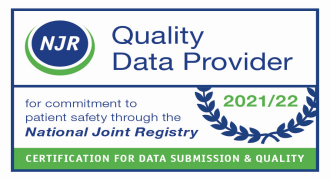Spire Liverpool Hospital colleagues head to Paris Olympics with Great Britain athletes
22 July 2024
Two Spire Liverpool Hospital colleagues are travelling to the 2024 Paris Olympics with team Great Britain’s judo and cycling athletes.
We welcome your views on our website and invite you to take part in a brief survey when you've finished your visit.
Your response will help us improve the site and the experience we offer to visitors.
22 July 2024
Two Spire Liverpool Hospital colleagues are travelling to the 2024 Paris Olympics with team Great Britain’s judo and cycling athletes.
08 July 2024
Consultant Foot and Ankle Surgeon, Mr Andrew Molloy, spends two weeks in Windhoek, Namibia volunteering with the Steps2Walk organisation, delivering surgical care to 22 children and adults with disabling foot and ankle deformities, and training local surgeons.
04 October 2022
Spire Liverpool Hospital has maintained its ‘Good’ rating, following an inspection by the Care Quality Commission (CQC).

18 August 2022
Spire Liverpool Hospital is celebrating after being named as a National Joint Registry (NJR) Quality Data Provider after successfully completing a national programme of local data audits.

21 January 2019
Liquid rhinoplasty is a non-surgical procedure during which injectable fillers are injected into nose to alter the shape of nose.